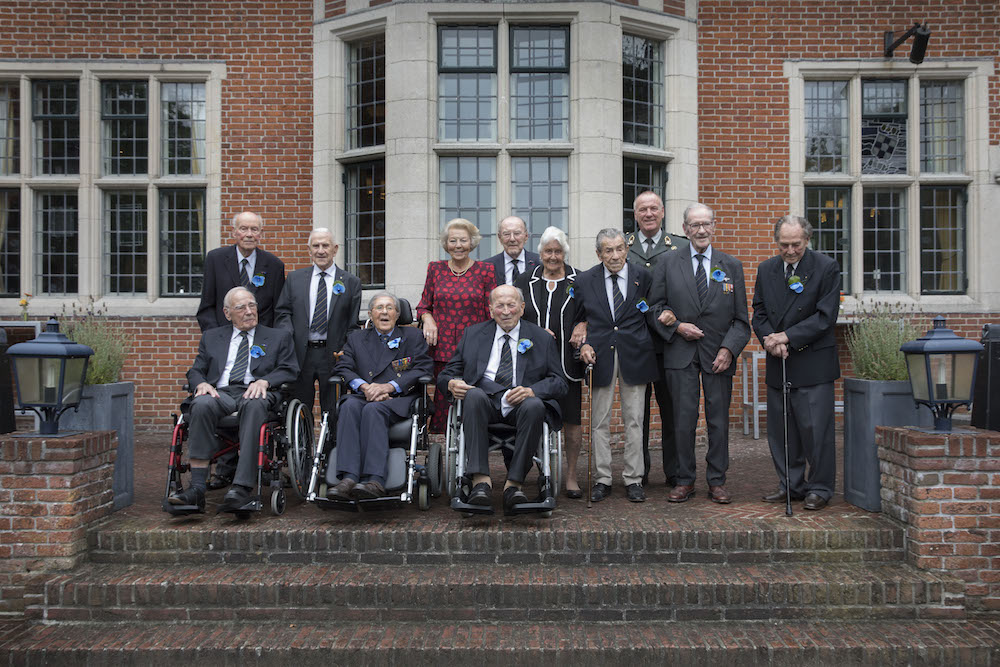Final meeting of the ‘Engelandvaarders’ signals poignant end of an era


For years, 60 of the Dutch men and women who made the hazardous journey to Britain during WWII to join the fight against the Nazis have come together to reminisce about those dangerous and exhilarating days.
Now, only 10 are left and of an age where it is no longer feasible to organise another reunion. This week, the final meeting of the ‘Engelandvaarders’ took place with former queen Beatrix as a special guest, marking the poignant end of an era.
‘They want to go out in dignity’, former archivist of the Engelandvaardersmuseum Sierk Plantinga told broadcaster NOS.
‘Engelandvaarders’ literally means ‘those who sailed for England’.
In July 1940, when the Netherlands had been occupied by the Nazis for two months, three Dutchmen crossed the North Sea in a sailing boat to help with the resistance efforts organised from Britain. Later, all those who managed to get to get to British shores by any other route were given the same name, which became a badge of honour.
Danger
The journey to England was complicated and fraught with danger. Fake papers were needed for international train journeys to Spain and Portugal from where transport to Britain could be organised.
Not that they were always welcomed with open arms: the British subjected the newcomers to stringent questioning to smoke out spies. Those who made the grade were invited to tea with queen Wilhelmina who had fled to England at the beginning of the war.
But many ‘Engelandvaarders’ did not make it. They were drowned in the North Sea, arrested, shot or perished in the mountains en route. Others were stuck in neutral Switzerland or emprisoned in Spanish jails.
Secret agents
Some 1,700 Dutch ‘Engelandvaarders’ ended up playing a part in the war against Germany either in the army, the navy or working for the London local authorities. Of them, 111 became secret agents.
One of those was ‘Soldier of Orange’ Erik Hazelhoff Roelfzema (1917 – 2007), son of a rich coffee merchant, who became active in the Dutch underground as a student.
His activities on behalf of the underground brought him to the attention of the Germans and he decided to leave for England.
With his student friends Chris Krediet and Peter Tazelaar he was involved in numerous hair raising secret landings on the Dutch coast to deliver radio equipment to the Dutch resistance. Later he joined the RAF and flew 72 reconnaissance missions over Germany.
Read the stories of the Engelandvaarders here (Dutch)
Thank you for donating to DutchNews.nl.
We could not provide the Dutch News service, and keep it free of charge, without the generous support of our readers. Your donations allow us to report on issues you tell us matter, and provide you with a summary of the most important Dutch news each day.
Make a donation